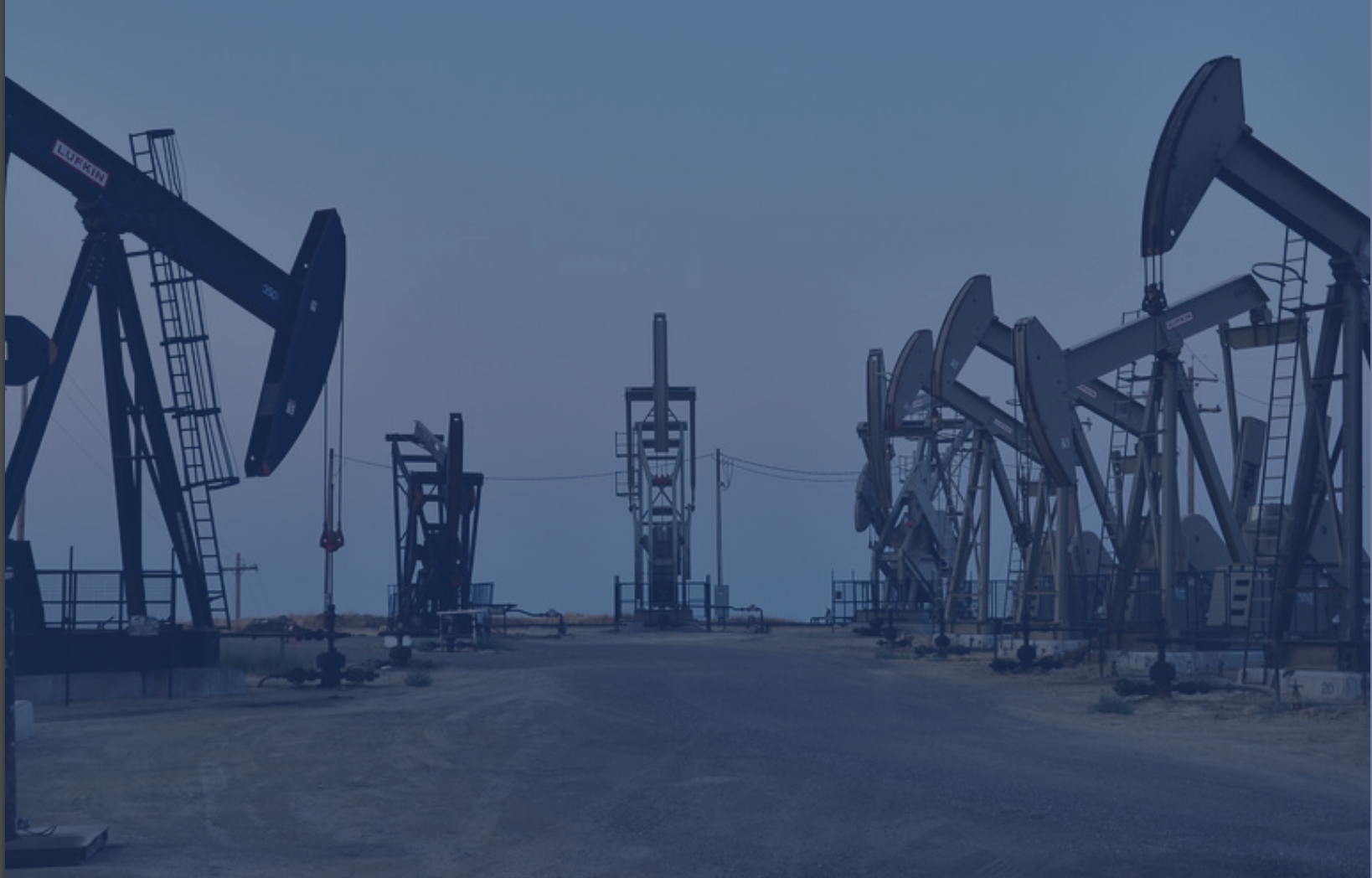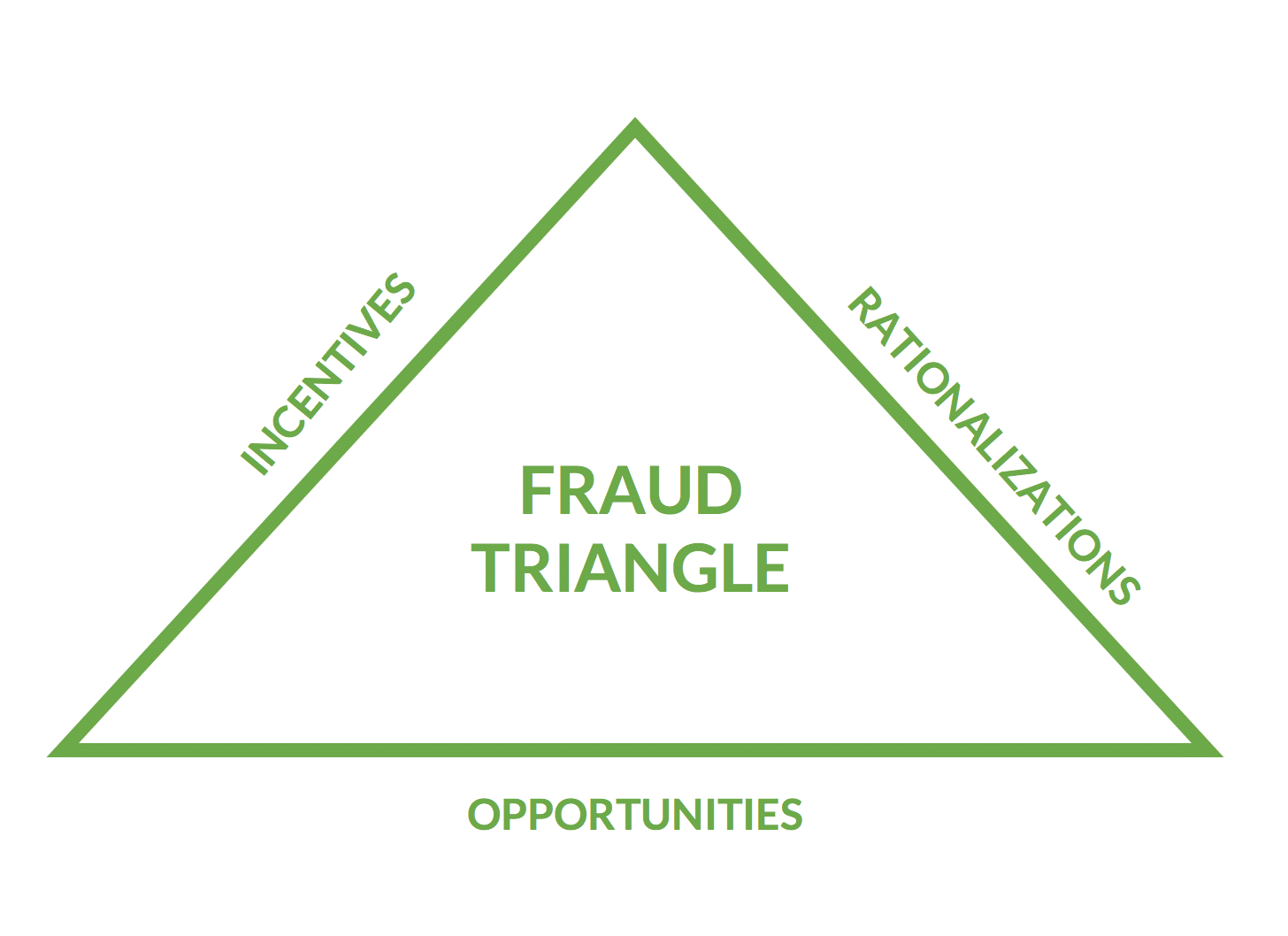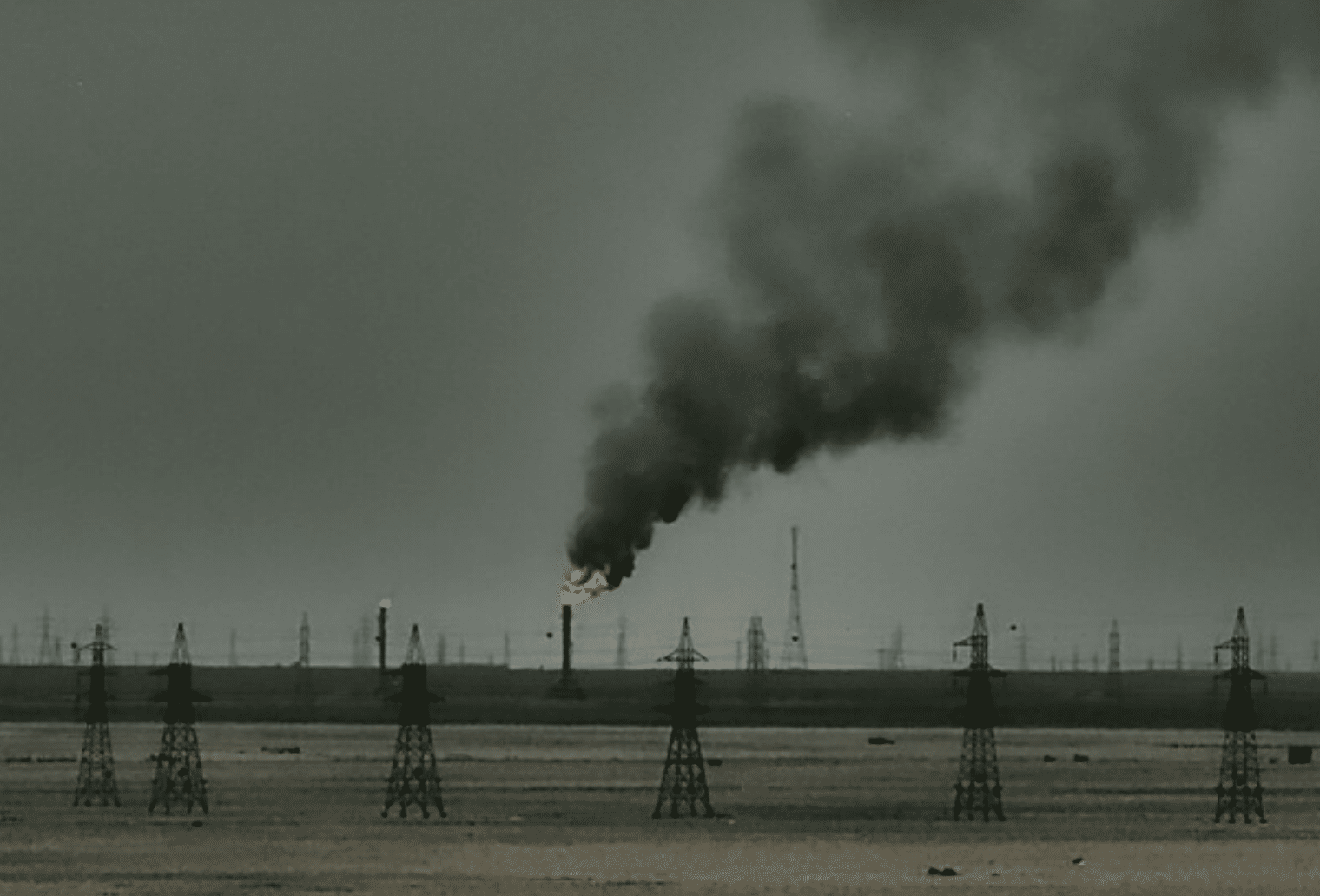Whistleblower Center Warns Fossil Fuel Industry Fraud Spurred By Climate Change Is A 'Ticking Time Bomb'
Pending cases against ExxonMobil's deception are the 'tip of the iceberg'

Fossil fuel companies dramatically understate the risks posed to them by climate change and threaten the global economy, according to the National Whistleblower Center (NWC).
NWC, a whistleblower advocacy organization in Washington, D.C., compiled a report [PDF], "Exposing a Ticking Time Bomb: How Fossil Fuel Industry Fraud is Setting Us Up For A Financial Implosion—and What Whistleblowers Can Do About it."
It is a call to action for "executives of fossil fuel companies and others with knowledge of improper accounting and disclosure practices, such as external auditors."
NWC urges such individuals to work with the Securities and Exchange Commission (SEC) to obtain "protected whistleblower status" in order to help government officials root out industry fraud.
“In light of the deceptions we found, the handful of pending fraud cases challenging climate risk disclosures by fossil fuel companies are probably just the tip of the iceberg,” declared John Kostyack, who is the executive director for NWC and lead author of the report.
While calling attention to a looming economic catastrophe, the report educates potential whistleblowers on rewards and protections available. For example, the Dodd-Frank Act offers a route for whistleblowing on climate risk fraud, and more than $500 million in whistleblower rewards have been paid out since the legislation passed in 2010.
The NWC breaks the risks, which they believe the fossil fuel industry is systematically hiding, into two categories: "transition risks" and "physical risks."
Transition risks are "financial risks associated with the global shift away from fossil fuels as environmental policies change (through court rulings, tax and subsidy changes, etc)." The rise of inexpensive "low-carbon technologies" also threatens the industry.
Physical risks are the "risk of physical damage to property, economic productivity, and household wealth from climate change, including an increase in frequency and severity of catastrophic weather events as well as long-term environmental changes."
As the report notes, the fossil fuel industry has a "long history of fraud and deception, from systematic underpayment of oil and gas royalties to schemes by mining companies to defeat benefit claims from minors with black lung disease."
"In a 2016 survey of the oil and gas sector and mining sector (which includes coal), the management consulting firm EY found that 35 percent of respondents would 'act unethically to help a business survive an economic downturn.' EY concluded that increased pressure on managers provides 'a strong incentive to do whatever it takes to make the numbers look good.'"
COVID-19 Intensifies The Rationale For Deception

The report adds, "Rationalization of cheating appears to be prevalent in the fossil fuel sector. In the same EY survey referenced above, 43 percent of respondents said that 'potentially unethical action could be justified to meet financial targets.'"
COVID-19 has intensified the compulsion to commit fraud to deceive shareholders and the wider public.
Forbes described, "As COVID-19 spread to other countries and quarantines were implemented, oil prices ultimately fell into negative territory, which had never happened before with a major benchmark. Power demand fell as businesses closed and people stopped traveling or commuting. This created a perfect storm that obliterated fossil fuel demand in April."
Furthermore, fossil fuel corporations are likely to engage in deception when it comes to "plans for removing carbon from emissions" and their liability for toxic waste, carbon pollution, or other environmental degradation.
"Oil and gas companies are required by law to close wells no longer in use in accordance with environmental standards. As demand for fossil fuels falls below the projections that justified development of wells, companies must accelerate the date of the wells' retirement," according to the report.
Fossil fuel corporations have also accumulated "extensive liabilities" for cleaning up toxic waste and environmental damage they caused, and a failure to disclose has previously resulted in securities fraud.
"In 2015, oil and gas company Anadarko Petroleum (now owned by Occidental Petroleum) agreed to a $5.15 billion penalty to settle allegations that Kerr-McGee Corporation (acquired by Anadarko) had fraudulently sold assets in order to avoid substantial environmental liabilities when spinning off a new company," the report recalls.
One fraudulent technique corporations employ to avoid paying to clean up the messes they create involves offloading liabilities "onto poorly managed companies destined for bankruptcy.
...A 2004 report by the Rose Foundation found that BP, ConocoPhillips, Chevron USA, Oxy USA and Atlantic Richfield had offloaded millions in asset retirement obligations by selling old wells to Panoco, a smaller company that declared bankruptcy after racking up $60 million in costs for decommissioning wells. A 2019 study of coal companies published in the Stanford Law Review found that between 2012 and 2017, four of the largest coal companies in the U.S. managed to evade US$5.2 billion of environmental and retiree liabilities by filing for bankruptcy...
The National Whistleblower Center focuses on Murray Energy, a coal company that filed bankruptcy in 2019 to ensure it did not have to pay $2.7 billion in debts or $8 billion for coal miners' pension and health care plans.
"Bankruptcy filings show that Murray earmarked nearly $1 million to fund political action committees and groups working to deny climate change and roll back emission reduction laws," the report notes. "For example, Murray gave $300,000 to Government Accountability & Oversight, a group that describes its efforts as an 'antidote' to climate campaigner efforts."
"Other beneficiaries [included] the Competitive Enterprise Institute, a free-market think tank that denies human activity is the main cause of global warming, and the Heartland Institute, which has worked for years to instill doubt about climate science."
A Key SEC Lawsuit

NWC has a history of challenging industry-wide practices and well-financed opposition in the energy sector. In particular, NWC's first case challenged a nuclear energy practice that involved coercing employees to sign non-disclosure agreements to prevent them from blowing the whistle on safety concerns.
Their work has centered on expanding laws like Dodd-Frank and the Sarbanes-Oxley Act so that whistleblowers are incentivized to come forward with information and risk their careers and livelihoods.
In addition to lawsuits against corporations, like ExxonMobil, that states, local governments, and children have filed, NWC recommends potential whistleblowers provide anonymous and confidential tips to the SEC under Dodd-Frank that will root out securities fraud within the fossil fuel industry.
"One group of whistleblowers, led by former Exxon senior accounting analyst Franklin Bennett and including a former partner in a major U.S. accounting firm, has elected to publicize the key allegations of a pending complaint with the SEC challenging Exxon’s asset valuations," the NWC highlights.
Bennett's whistleblowing centers on Exxon's "failure to write down assets to account for the dramatic recent declines in demand for shale gas," which directly relates to climate change risks.
"It will be important for whistleblowers to pay attention to whether the SEC acts on this complaint and if so, how it approaches Exxon’s obligations with regard to climate risk disclosures."
*Images are screen shots from the National Whistleblower Center report.



Comments ()